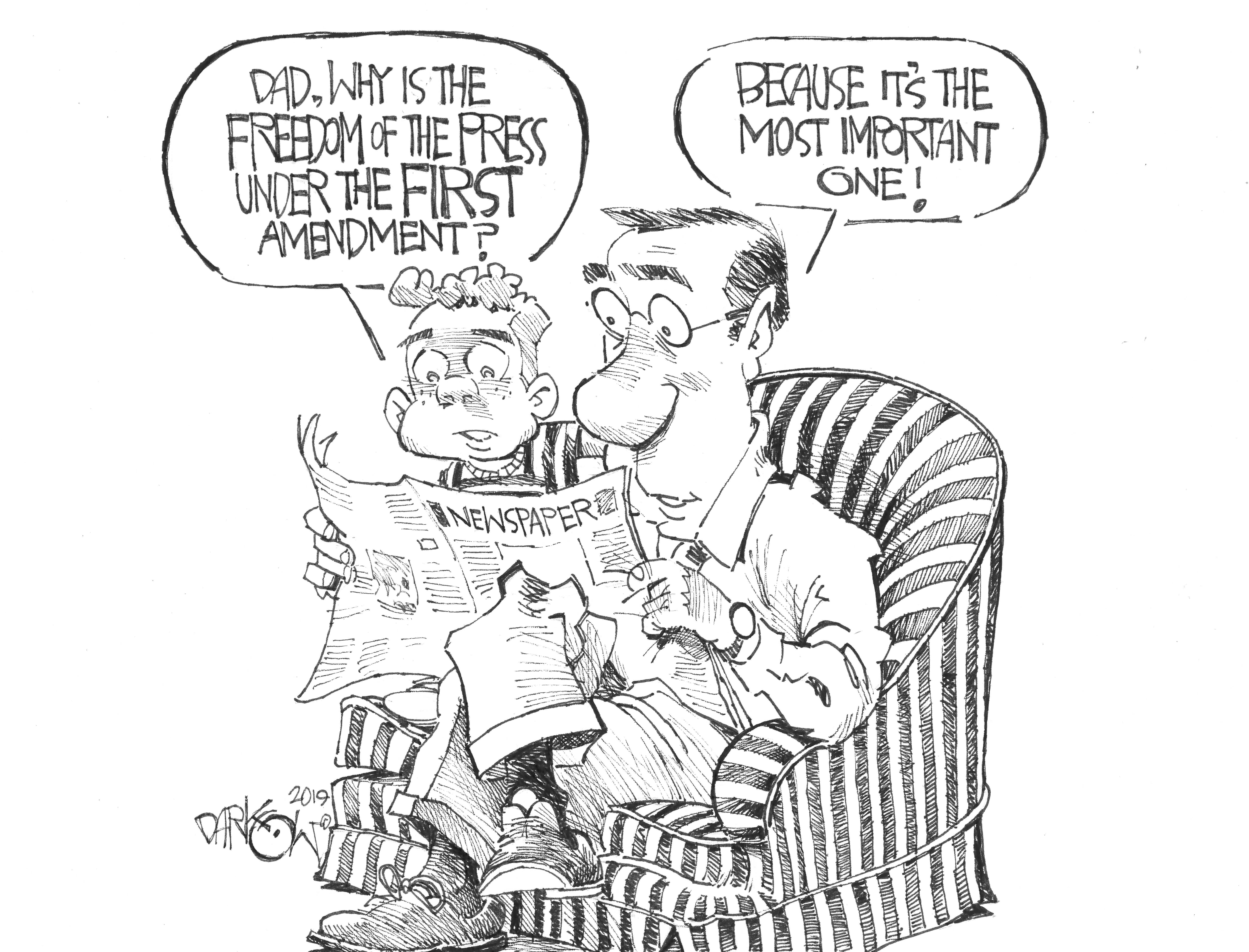IRS shows what is wrong with Washington
Published 8:09 am Thursday, June 13, 2013
The Internal Revenue Service epitomizes what’s wrong with a Washington bureaucracy that’s largely disconnected from mainstream America and public scrutiny.
For a month now, the tax collecting agency has been grilled for its misuse of power in slow-walking applications and denying tax exempt status to certain organizations, which didn’t pass its political litmus test. The abuse was admitted by the IRS’s own officials and confirmed by the Treasury’s inspector general’s office.
This bureaucratic breach of public trust underscores why Congress should vigorously exercise its legal authority to investigate and hold the Executive Branch accountable.
Last week, on the same day an Alabama tea party representative testified before the House Ways and Means Committee that her group had been deliberately intimidated by the IRS, the Treasury’s tax inspector general released a report detailing “excessive spending” at a 2010 California conference attended by 2,600 IRS employees. According to the Treasury Inspector General for Tax Administration’s press release, “Certain of the IRS’s expenses associated with the Anaheim conference do not appear to be a good use of taxpayer funds.”
The House is currently investigating the cases of IRS political discrimination against conservative organizations in Alabama and other states, and I have added my voice to Congress’s call for Treasury Secretary Jack Lew to provide a full explanation of how this flagrant abuse of power could have occurred. Meanwhile, misuse of government power to push political agendas is not the limit of overreach of the federal bureaucracy. For years now, government agencies have been steadily increasing their influence over our lives in the form of costly regulations.
According to figures recently released by the economic watchdog group, The Competitive Enterprise Institute, federal regulations are taking over our lives and strangling small businesses like an infestation of South Alabama kudzu. The CEI estimates the total cost of new federal regulations implemented by the Obama administration was $1.8 trillion in 2012.
These new federal rules and regulations touch nearly every sector of our economy, averaging almost $14,800 for each household.
I have cosponsored the Regulations from the Executive in the Need of Scrutiny Act to make it law that all federal regulations and rules deemed to have an economic impact of $100 million or more as scored by the Office of Management and Budget (OMB) come before Congress for a vote. The REINS Act has 157 House cosponsors. A similar bill has been introduced in the Senate by Senator Rand Paul of Kentucky.
The REINS Act is not meant to substitute for Congress’s Constitutional oversight authority over the Executive Branch, but it will enhance our ability to prevent more costly red tape.
“Now You Can ‘Co-sponsor’ Bills”
The House of Representatives has launched a new web site, www.Cosponsor.gov, allowing you to show your support for legislation before the House. Consponsor.gov is designed to give the public the ability to both support and track legislation as it advances through House committees to the Floor for a vote.
While only a Member of Congress can introduce, co-sponsor and vote for legislation before the House, Cosponsor.gov affords the public a new voice and a view into the legislative process.


